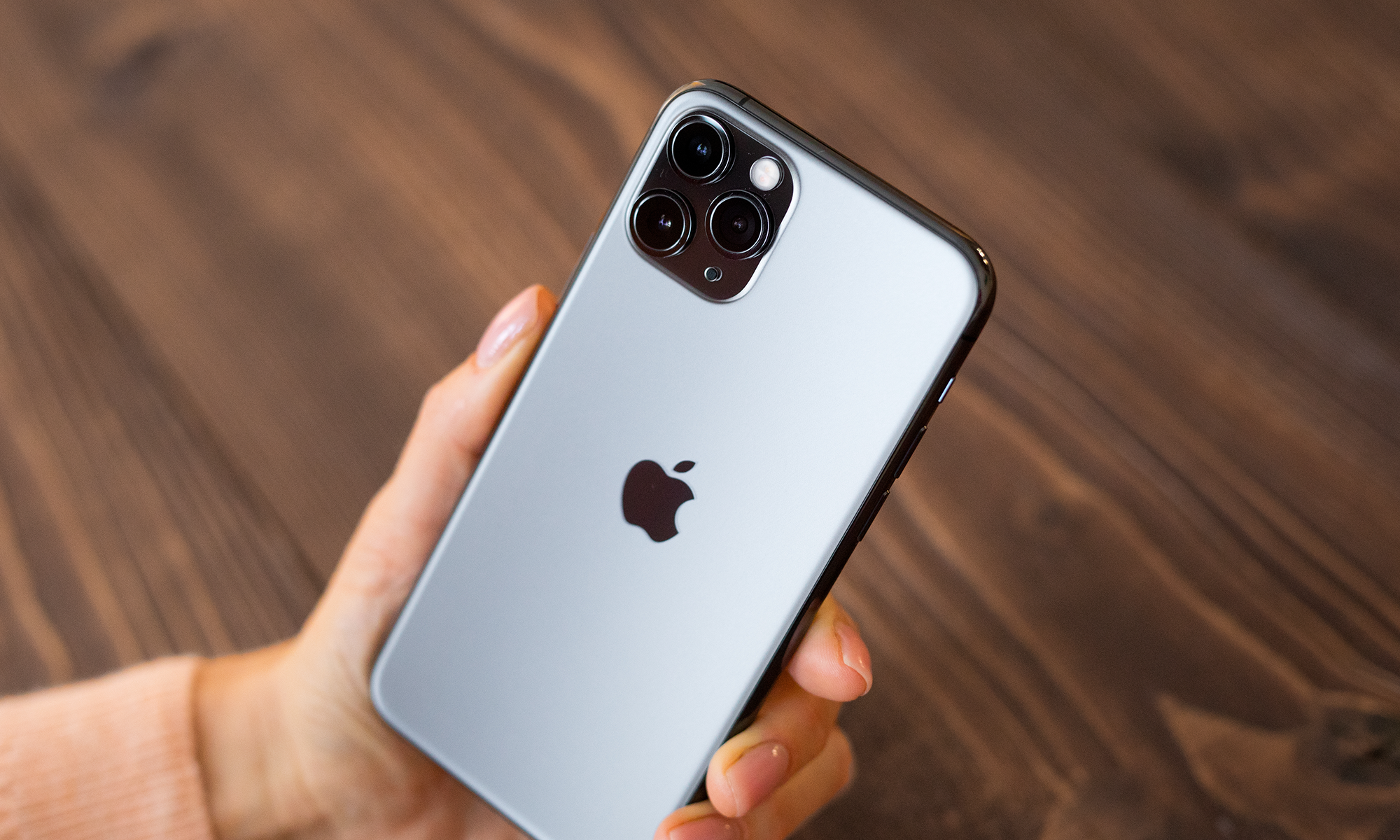After watching numerous market meltdowns over the past few decades, many people are probably afraid to put their hard-earned cash into stocks. But by avoiding stocks completely, they would have missed out on some huge gains -- the S&P 500 has rallied 61% over the past decade, 215% over the past 20 years, and 815% over the past 30.

Image source: Getty Images.
Therefore, risk averse investors should be picky with stocks, but completely dismissing them means that they'll miss out on some big potential gains. There's no such thing as a risk-free stock, but three well-known companies come close -- AT&T (T +4.30%), IBM (IBM 0.82%), and Apple (AAPL +0.62%).
AT&T
AT&T is the largest fixed telephone services provider, second largest wireless services provider, and third-largest home internet provider in the United States. Its acquisition of DirecTV last year made it the biggest pay TV provider in the country, and it could soon become one of the top media companies if its proposed acquisition of Time Warner (TWX +0.00%) is approved.
That massive moat will help AT&T generate slow and steady growth for decades to come. AT&T faces near-term challenges, including regulatory scrutiny of the Time Warner deal, potential violations of net neutrality with its data-free video plans, and competition from smaller wireless rivals like T-Mobile. There are also concerns about its rising long-term debt levels, which triggered a downgrade of its senior unsecured notes last year.
But as I discussed in a recent article, these headwinds will likely dissipate and AT&T will remain a dominant player in internet, wireless, pay TV, and streaming video services. It's also a dividend aristocrat that has hiked its dividend annually for more than 30 years, and it currently pays a forward yield of 4.9%. Moreover, AT&T still trades at just 18 times earnings, which is much lower than the industry average of 25 for domestic telcos.
IBM
IBM might initially seem like a risky investment since its revenue has fallen year-over-year for 18 consecutive quarters. However, it looks as though the company's turnaround plan is taking hold and shares have rallied more than 20% this year on optimism regarding its efforts. Those efforts center on investing heavily in five high growth "strategic imperatives" businesses (cloud, analytics, social, mobile, and security) to offset declines at its older hardware, software, and IT services businesses.
Last quarter, IBM reported that revenue from those businesses rose 16% annually and accounted for 40% of its trailing 12-month revenues. It's also been divesting less profitable businesses -- like its x86 server and foundry units -- a practice that has hurt its near-term sales growth but could generate better earnings growth in the future.
The stock's downside is also limited by two factors -- its P/E ratio of 13, which is much lower than its industry average of 21; and its forward dividend yield of 3.4%. Big Blue has also hiked that payout annually for over two decades.
IBM probably won't take off until it generates top line growth again, but it's still a decent low-risk, high-income play for conservative investors.
Apple
Apple (AAPL +0.62%) might first appear risky due to its heavy dependence on the iPhone. While I believe that Apple's high-growth days are probably over unless it can launch a new game-changing product, it still has plenty of cash -- $20.5 billion in the U.S. and over $200 billion overseas -- to expand inorganically.

Image source: Apple.
In a best case scenario, it may make some investments that will pay off and pave the way for a diversified future beyond iDevices. In a worst case scenario, Apple will simply become a mature, slow-growth tech company like IBM, which relies more on predictable buybacks and dividends to retain investors rather than flashy new products.
That's a good balance between risk and reward considering that Apple trades at just 14 times earnings, which is lower than its industry average of 17. Its forward yield of 2% is marginally lower than the S&P 500's yield, but I previously noted that Apple can easily double its dividend without breaking a sweat -- thanks to its low payout ratio of 26%.
Should you buy AT&T, IBM, or Apple?
AT&T, IBM, and Apple are less risky than many other tech and telecom plays on the market, but they're still vulnerable to big market sell-offs. But for investors willing to ride out some short-term volatility, these three stocks are low-risk plays which will be around for decades to come.








